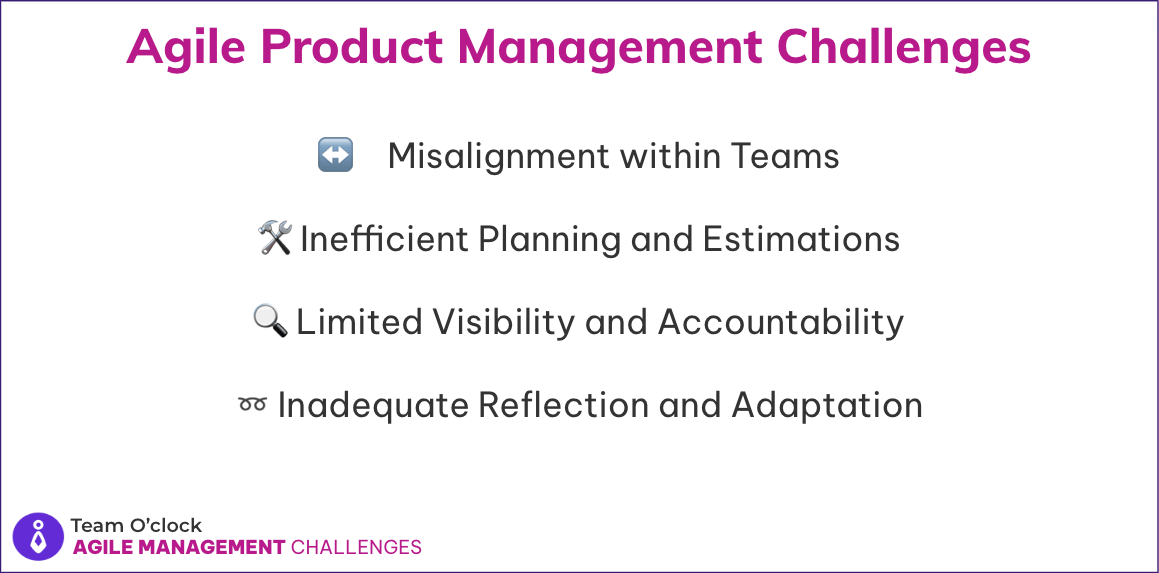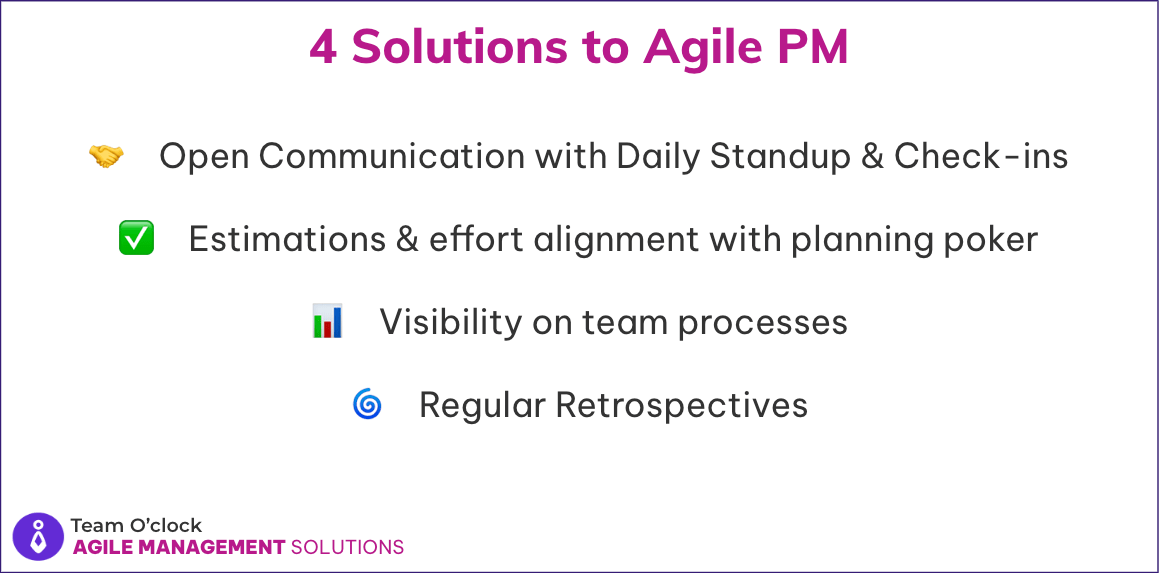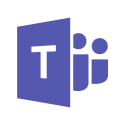
Elevate Your Product Management Agile Practices

Considering today's pace of changes, 2019 seems like a very distant reality. VUCA (Volatile, Uncertain, Complex, Ambiguous) is more relevant than ever, demanding fast-paced product development and rapid shifts to support change.
The role in the middle of the storm is *-Product (everything-Product) including Head of Product, Product Leads, Product Managers, and Product Designers. People in these roles introduce, follow through, and execute a demanding plan or roadmap alongside bigger teams and across departments. An agile or scrum framework usually supports the above process, orchestrating everyone involved.
Introduction to Agile Product Management
Following the agile manifesto - published in 2001 - the basic principles that anything agile needs to follow are:
Individuals and interactions over processes and tools
Working software over comprehensive documentation
Customer collaboration over contract negotiation
Responding to change by following a plan
These principles are the core for all people and teams working in an agile way, including Product Management.
Specifically, Agile Product Management includes the development, delivery, and evaluation of value to people using a service. Development and delivery work in continuous, short iterations making available small and bigger functionalities in the service offered.
The continuous delivery of value has a snowball effect on more departments that need to adjust their way of work to adapt to this continuous extension of value offered. Marketing, Customer Success, and Sales teams continuously adjust and learn the product as it evolves and is shaped.
Product Managers are there to orchestrate all phases of the product change; from inception to evaluation of value delivered. Since the related work affects all departments, a Product person needs to consistently communicate and align with many people in the company, as well as customers; we call these people stakeholders.
Ensuring that everyone is aligned, educated, and included in all processes requires substantial effort on the Product side. In the following sections, we will explore what makes agile product management challenging and ways to address these challenges.
Common Challenges in Agile Product Management
Misalignment Within Teams: Lack of clear communication and shared goals can lead to misalignment of priorities and project objectives.
Inefficient Planning and Estimations: Without effective planning and estimation practices, teams struggle to commit to realistic sprint goals, often leading to over or underestimation of workloads.
Limited Visibility and Accountability: Teams working in silos or without a centralized way to track progress can result in reduced transparency and accountability, impacting overall productivity.
Inadequate Reflection and Adaptation: Skipping or inefficiently conducting retrospectives limits the team's ability to reflect on successes and areas for improvement, hindering continuous growth.

Top 4 Solutions to Enhance Agile Product Management
Foster Open Communication: Implement daily standups and regular check-ins to ensure everyone is aligned and informed about project statuses and immediate priorities.
Refine Estimation Techniques: Adopt agile estimation techniques like Planning Poker to engage the team in a collaborative discussion on task complexities and efforts, ensuring more accurate sprint planning.
Enhance Visibility on Team Processes: Use a tool that offers visibility into the team’s progress, upcoming tasks, and backlog to enhance transparency and accountability among all team members.
Conduct Effective Retrospectives: Regularly schedule and conduct retrospectives to discuss what went well, and what didn’t, and how the team can improve, turning insights into actionable plans.

How Team O'clock Facilitates Agile Product Management Solutions
Team O'clock elevates the agile product management process by providing targeted solutions to these common challenges, streamlining your agile practices and fostering a more productive and aligned team environment.
Streamlined Communication with Daily Standups: Team O'clock’s daily standup feature enables remote, hybrid, and in-office teams to stay in sync, ensuring that every team member is aligned on the day's objectives, regardless of their location.
Enhanced Planning and Estimation: With our intuitive Planning Poker tool, teams can collaboratively and accurately estimate the effort required for tasks, making sprint planning sessions more effective and engaging.
Centralized Visibility and Accountability: Team O'clock offers a single interface for managing agile meetings and tracking progress, enhancing visibility into each team member's contributions and holding everyone accountable to their commitments.
Actionable Retrospectives: Our retrospectives tool not only facilitates insightful reflection sessions but also helps teams turn discussions into actionable items, ensuring continuous improvement and adaptation to change.
Empower Your Agile Journey Today
Team O'clock is more than just a tool; it's your partner in agile excellence. By addressing the common pitfalls of agile product management and offering practical, user-friendly solutions, Team O'clock helps product leaders like you harness the full potential of your teams. Start your free trial today and experience the difference that comes with a truly empowered agile process.








